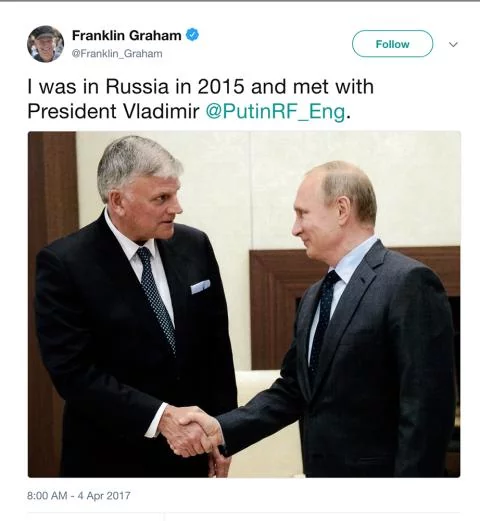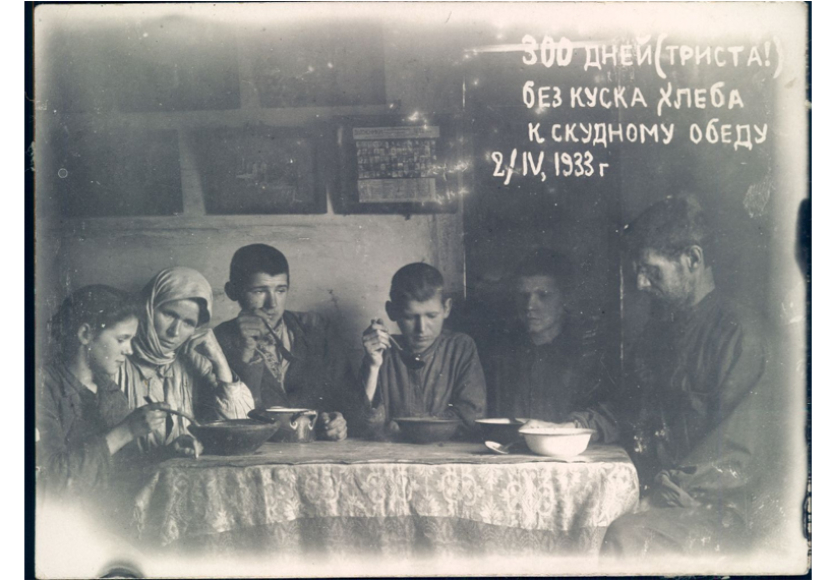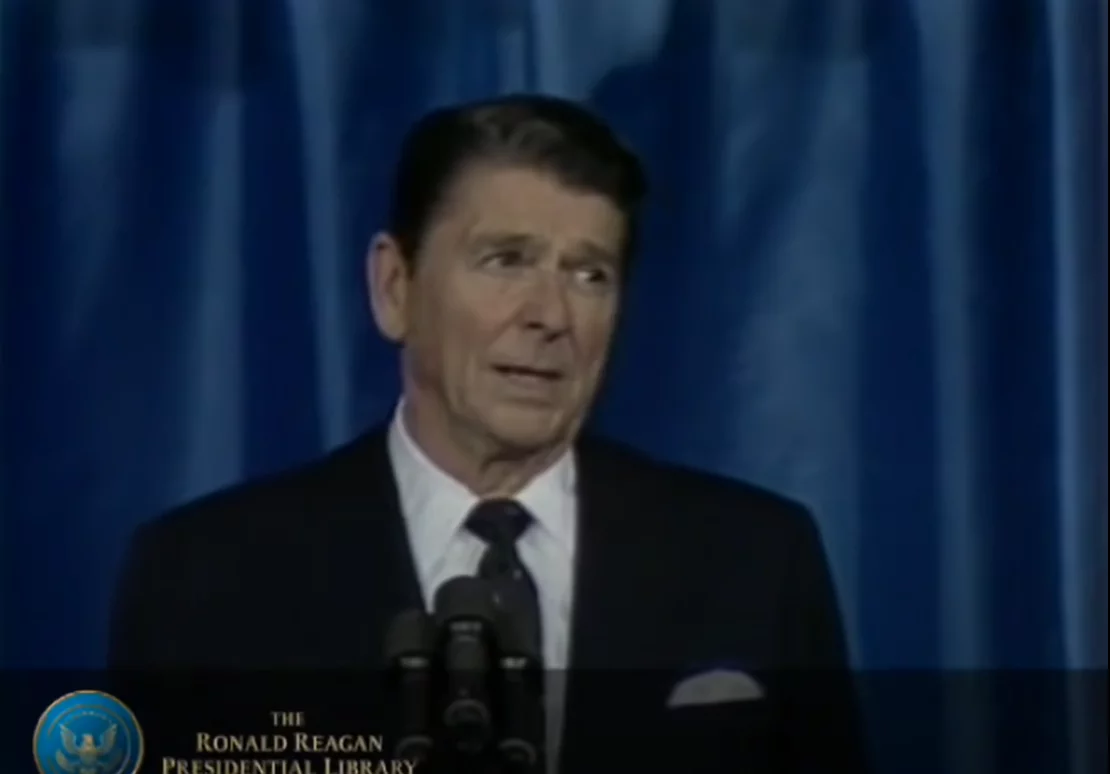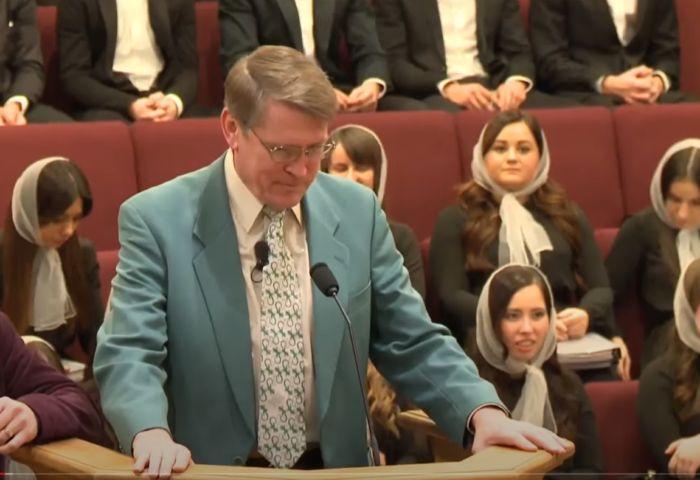As a child in the 1990s, I often attended large Ukrainian church gatherings where the controversial Kent Hovind would talk about flat earth and promote the Young Earth Creationist movement. Much of the Ukrainian diaspora in the United States came from this fourth wave of immigration, to which my family belonged. People within this group, owing to the experience they had in the Soviet Union, often believed the government in their new home was trying to limit their freedom. This fourth wave, the largest wave of Ukrainian immigration to the US, tended to avoid participation in American public life, just as it did under the Soviet regime.
This fourth wave doesn’t represent the entirety of the Ukrainian diaspora in the US, but it’s an essential part. The hundreds of thousands of Ukrainians who came in the 1990s continue to lack a strong role in the American political system. Their oppression within the Soviet Union made them distrust the government in their new home, leading them to tinker with conspiracy theories, a result of the conspiracy culture they endured in Soviet times. Many lacked higher education because they had refused to join the Communist party.
In 2014, Putin made the cover of the evangelical magazine Decision. Franklin Graham, son of the world’s most famous evangelical, Billy Graham, wrote an article praising Putin and his moral statements. Franklin visited Russia in 2015 and continued to promote Putin as a godly leader. A few days before the invasion of Ukraine, Franklin asked people to “pray for Putin,” but not for Ukrainians. Yet there was no strong collective, Ukrainian evangelical response or backlash.

Some Ukrainian Americans still live with the effects of decades of trauma and oppression endured under that empire. The consequences continue to permeate American domestic politics and foreign policy. Due to severe repression under Russian and Soviet rule, the Ukrainian identity was decimated. Many would never recover that identity, even when they emigrated in the 1990s.
The first Ukrainian immigrant to America was Ivan Bohdan, who sailed with John Smith to Jamestown in 1607. Over successive waves, Ukrainians began migrating to the US in larger numbers in the late 19th century. The first wave began in the 1890s, followed by a second wave after the First World War. The third wave came after the Second World War, as refugees from liberated camps. The fourth and largest wave occurred primarily in the early 1990s. Most people emigrating from Ukraine after the fall of the Soviet Union were Jewish or Protestant and were overwhelmingly ethnic Ukrainian, owing to the severe repression both groups faced.
Suffering as a Ukrainian under the Soviet system
To be a Protestant and actively practicing your faith was dangerous. But, to be a Protestant and a Ukrainian was a double whammy in the eyes of the Soviet government. Vladimir Lenin, who led the Russian Revolution, compared religion to venereal disease and insisted that “there can be nothing more abominable than religion.” Religion was one avenue for the people to resist the militant atheism that Communism required.
In 1917, after the Russian empire collapsed, Ukraine pushed for independence, and the Ukrainian People’s Republic was established in 1917. The free Ukrainian republic was short-lived as the Bolshevik armies continued their relentless invasion from Russia, until finally seizing control of Ukraine in 1921. Armed resistance was subdued towards the end of 1922, with Lenin making concessions and declaring the creation of the Ukrainian Soviet Socialist Republic, which promised to give Ukraine political and cultural autonomy.
In Joseph Stalin’s mind, the threat of Ukraine breaking off at some point would bring the end of the Soviet Union. Stalin stated, “Central Russia, that hearth of world revolution, cannot hold out long without the assistance of the border regions, which abound in raw materials, fuel, and foodstuffs.”
Stalin unleashed a devastating war on the Ukrainian people and their identity. Stalin began conducting show trials of Ukrainian activists and cultural figures in 1928. Anyone with ties to Ukrainian nationalism faced arrest, torture, deportation to a labor camp, and even execution. Stalin executed thousands of writers and officials who were attempting to promote the “Ukrainization” of Ukraine. Stalin wanted to ensure that he would crush Ukrainian aspirations for autonomy. Anyone suspected of the slightest evidence of disaffection was executed or sent to a slave labor concentration camp.
Stalin’s most brutal response was to starve millions of Ukrainians to death. This tragic event is now known as the Holodomor or “death by hunger,” which reached its peak in June 1933, when 28,000 Ukrainians were dying every day. As a result of this genocide, the Ukrainian identity was severely weakened, and the Soviet authorities began promoting a new Soviet identity in its place.
After the Holodomor, the subjugation of Ukrainians was complete. People only began finding out about the Holodomor as the Soviet Union itself was ending in the late 1980s. For more than 50 years, the Soviets prevented the Ukrainian people from processing this trauma. It was only in 2006 that Ukraine’s parliament passed a law defining the Holodomor as an act of genocide.

Given such a past, the efforts to rebuild Ukraine’s national identity are still underway. And while Ukraine is now rebuilding its national identity, it is also fighting Russia, which continues to try to destroy that identity.
Suffering as a Protestant under the Soviet system
Under the Soviet system, religion was an illusory consciousness of the world and, therefore, an expression of an unhealthy socio-economic existence. The Soviets considered Bibles to be dangerous to the stability of Communism. People in every Communist nation faced significant risks, even for harboring a Bible.
The Soviet system was built on institutional atheism. The government tried hard to break their families’ superstitious faith. Protestants, such as evangelicals, were arrested, imprisoned, fined, tortured, and fired from their jobs. Sometimes, they even lost their lives if they failed to denounce their faith in favor of atheism. Pastors were licensed by the Communist state every year and only had licenses renewed if they were obedient to the state. In 1961, the government decided that Easter Sunday should be a working day, and church gatherings were restricted. A law was passed in 1962 to forbid minors from entering a church. Loud entertainment, such as noisy dances near the churches, was allowed to hamper them.
The Protestants, mostly groups like Evangelicals, had to go underground and form secret organizations. They ignored Soviet state laws on religion. They did not allow their kids to join Communist youth groups and renounce god. Their children could not read worldly books. They could not sing or dance, or even watch a movie. The Soviets granted permission to print only 20,000 Bibles, a drop in the bucket for thousands of congregations, but it was something to show they had some resemblance of tolerance to the Western world. People resorted to smuggling in Bibles and risking their lives to hold them. Driving the community underground, led to the radicalization of the community.
Once the Soviets realized they couldn’t crush the church, they sought to infiltrate it. The Soviet secret police would masquerade as church goers. They would look for others they could recruit through blackmail, threat, or reward. A system was set up to help identify the resistance and ensure people were telling on one another. It was hard to trust people, as anyone could work for the secret police. This was commonly known as “Chekism” and one estimate was that 720,000 people at a given time worked for the agency, while a few million cooperated with it.
The bridge to the US
People living during the Soviet Union all suffered under an oppressive and repressive system. However, some suffered far more than others. It wasn’t until glasnost, announced by former Soviet leader, Mikhail Gorbachev, in the mid-1980s, that all victims of religious persecution could apply to emigrate. Glasnost – meaning openness and transparency – allowed various Jewish and Christian groups to immigrate to the United States.
In 1989, the US Congress passed the Lautenberg Amendment allowing persecuted minorities to resettle in the US as refugees. Evangelical Christians, like my family, who could demonstrate “well-established histories of persecution” under the Soviet regime, could also immigrate to the US over the following decades. As a result, 500,000 Soviet Evangelicals immigrated to the United States, some as refugees, others through family reunification. The vast majority of the Soviet Evangelicals were from Ukraine.
Highly favorable immigration policies and many church sponsors allowed even entire Soviet congregations to relocate to the Pacific Northwest and California during this fourth immigration wave. This included my family and helped establish one of the largest Ukrainian communities in the country.
Five little-known reasons Ukraine is a “Land of Freedom” just like the USA
The surviving legacy
As evangelicals in the Soviet Union, who refused to renounce their faith and send their children to Communist youth groups, they were forbidden from participating in public life. Most, including my parents, were unable to attend university. This trend is reflected in lower education and income levels than members in previous waves. The fourth wave also has a higher poverty rate than other whites. However, across different waves, Ukrainian immigrants tend to have higher median household incomes compared to both the overall immigrant and US-born populations.If the Ukrainian lobby was more robust in the US, then the international community wouldn’t be so worried about military aid being reduced to Ukraine under a Republican congress.
Researchers previously have found that “Eastern European ethnic groups have been largely absent from a position of influence in US foreign policy.” Although some influential US foreign policymakers did come from Eastern Europe, such as former national security advisor Zbigniew Brzezinski, as a whole, Eastern European lobbies don’t hold significant sway over Washington politics, especially the Ukrainian lobby, compared to others.
Many ethnic minority groups and diasporas usually try to indirectly influence American foreign policy. Decision-makers often choose options favored by certain groups. Some political scientists have even argued that US foreign policy in the Middle East was not shaped by American national interest but by the Israeli lobby interest. If the Ukrainian lobby was more robust in the US, then the international community wouldn’t be so worried about military aid being reduced to Ukraine under a Republican congress.
The election of President Donald Trump fired up the Evangelical base, and many of the fourth-wave diaspora began to be more politically involved in domestic politics. Many were unfazed by Trump’s strong showing for Putin and Russia. Trump viewed Ukraine as an obstacle to building stronger ties with Russia.
The diaspora’s national identity remained fragile after the Holodomor and never recovered, so most prioritized religion over being Ukrainian. Being subjected to Sovietization back in Ukraine or fleeing from it to the US, paradoxically produced the same outcome: losing national identity. Even while some American Evangelicals and Republicans openly support Russia, the Ukrainian Evangelical lobby has never played an important role in influencing the wider American Evangelical lobby.

These fourth wave of Ukrainian immigrants didn’t have much in the Soviet Union and lost little when relocating to the US There was no wealth to return to, only the family that many would try to bring to the US at a later point. Since many of these Ukrainians came in the 1990s, they did not partake in the rebuilding of the Ukrainian national identity. They brought decades of trauma and oppression with them to the US, and only a fragile national awareness.


